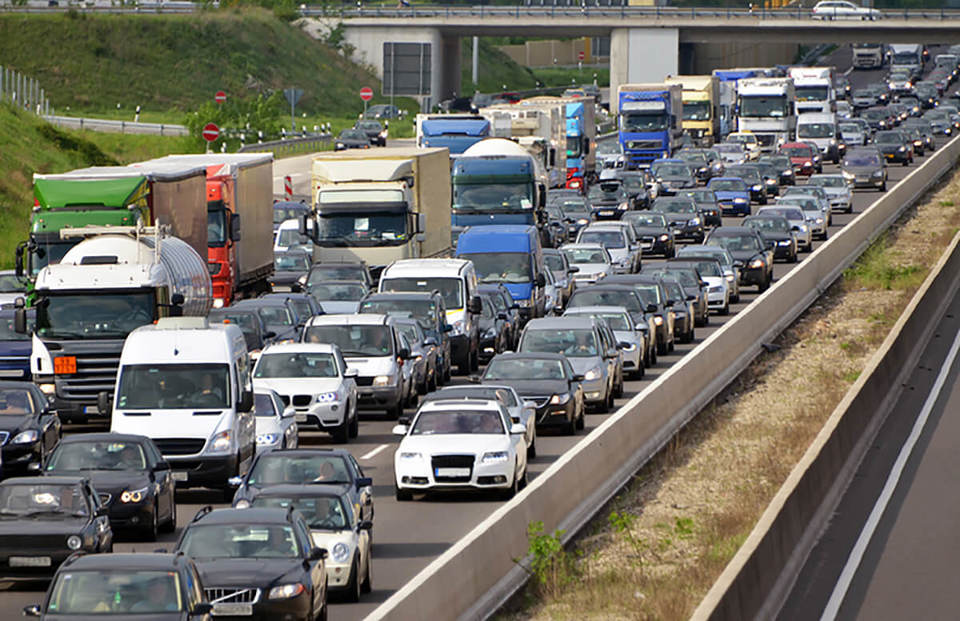Environment Secretary Michael Gove has published a clean air strategy today, with plans to develop new standards for tyres and brakes to address toxic non-exhaust emissions.
The new Government strategy also says legislation will be introduced to enable the transport secretary to compel manufacturers to recall vehicles and machinery for any failures in their emissions control system, and make tampering with an emissions control system a legal offence.
Today’s proposals are in addition to the Government’s £3.5 billion plan to reduce air pollution from road transport and diesel vehicles, set out in July last year.
It is estimated that the action set out today will reduce the costs of air pollution to society by an estimated £1bn every year by 2020, rising to £2.5bn every year from 2030.
The new strategy sets out the Government’s goal that by 2025, it will halve the number of people living in locations where concentrations of particulate matter are above the World Health Organisation (WHO) guideline limit of 10 ug/m3 by 2025.
It will introduce new primary legislation, which will give local government new powers to improve air quality and legislate to ensure only the cleanest domestic fuels will be available for sale, preventing 8,000 tonnes of harmful particulate matter from entering the atmosphere each year.
Furthermore, it will provide a personal air quality messaging system to inform the public, particularly those who are vulnerable to air pollution, about the air quality forecast, providing clearer information on air pollution episodes and accessible health advice.
During a visit to meet air quality researchers at Imperial College, Gove said: “Air quality has improved significantly since 2010, but 60 years on from the historic Clean Air Act a clear truth remains - air pollution is making people ill, shortening lives and damaging our economy and environment.
“This is why today we are launching this clean air strategy, backed up with new primary legislation. It sets out the comprehensive action required across all parts of government to improve air quality.”
The strategy also sets out how the Government will work with media outlets to improve public access to the air quality forecast and help individuals and organisations reduce their contribution to air pollution.
The importance of raising awareness of the dangers of air pollution is evident in a research report, also published today, which shows just 1 in 5 respondents felt they knew a lot about its effects.
The report also showed a lack of awareness of the wide range of sources of air pollution with most naming transport as the main cause. But transport emissions are only one part of the problem, says the Government.
From farming to cleaning solvents there are a large range of other day-to-day practices, processes and products that produce harmful emissions.
Of particular concern is burning wood and coal to heat a home which contributes 38% of UK emissions of damaging particulate matter. Cleaner fuels and stoves produce less smoke, less soot and more heat. In future only the cleanest domestic fuels will be available for sale.
Gove added: “Government cannot act alone in tackling air pollution. Our strategy sets out how we will work with businesses, farmers, industry and households to develop innovative new solutions to reduce emissions. It also highlights how we can all take action and playing an important role in cleaning up our air.”
The consultation closes on August 14. For further information click here.




















Login to comment
Comments
No comments have been made yet.